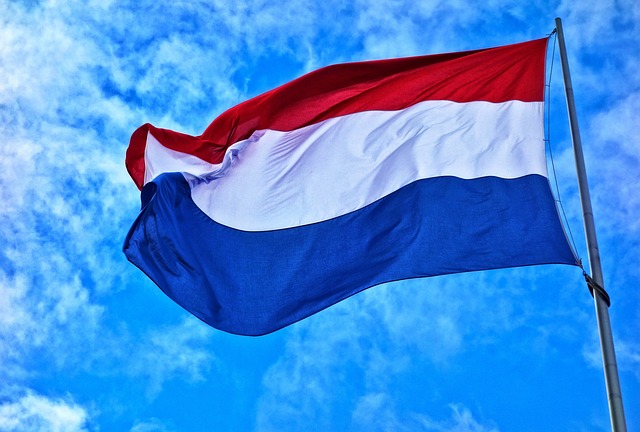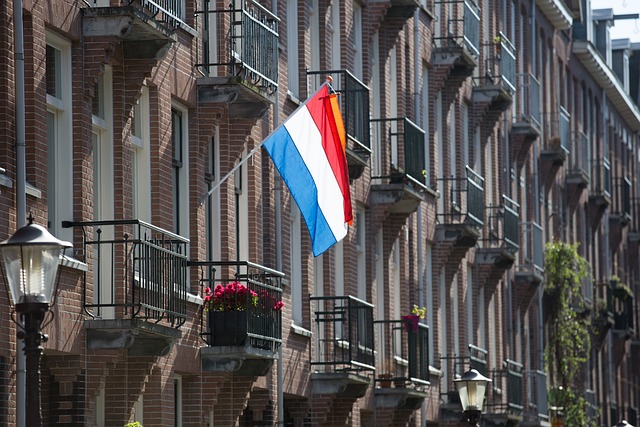Education in the Netherlands: Schools and Universities

The Netherlands is renowned for its high-quality education system, which consistently ranks among the best in the world. Known for its innovative teaching methods, international outlook, and emphasis on research, the Dutch education system attracts students from across the globe. From primary schools to world-class universities, the Netherlands offers a wide range of educational opportunities that cater to diverse needs and aspirations. This article provides a comprehensive overview of the Dutch education system, focusing on its structure, key features, and the role of schools and universities in shaping the country’s future.
The Structure of the Dutch Education System
The Dutch education system is divided into several stages, each designed to meet the developmental needs of students at different ages. The system is characterized by its flexibility, inclusivity, and emphasis on lifelong learning.
- Primary Education (Basisonderwijs)
- Secondary Education (Voortgezet Onderwijs)
- VMBO (Pre-Vocational Secondary Education)
- HAVO (Senior General Secondary Education)
- VWO (Pre-University Education)
- Tertiary Education (Hoger Onderwijs)
- Research Universities (Universiteiten)
- Universities of Applied Sciences (Hogescholen)
- Vocational Education and Training (MBO)
Primary Education: Building the Foundation
Overview
Primary education in the Netherlands typically begins at age 4 and lasts for eight years (until age 12). This stage focuses on foundational skills such as reading, writing, mathematics, and social development. Schools also emphasize creativity, physical education, and environmental awareness.
Key Features
- Inclusive Education: Dutch primary schools are known for their inclusive approach, catering to students with diverse learning needs.
- Bilingual Schools: Many primary schools offer bilingual programs (Dutch-English) to prepare students for a globalized world.
- Citizenship Education: Schools teach students about Dutch culture, history, and values, fostering a sense of community and responsibility.
Secondary Education: Pathways to Success
VMBO (Pre-Vocational Secondary Education)
- Duration: 4 years (ages 12–16)
- Focus: Combines general education with vocational training, preparing students for further vocational education (MBO) or entry into the workforce.
- Specializations: Students can choose from four learning pathways, each with a different focus (e.g., technology, care, economics).
HAVO (Senior General Secondary Education)
- Duration: 5 years (ages 12–17)
- Focus: Prepares students for higher professional education (HBO) at universities of applied sciences.
- Curriculum: Includes a broad range of subjects, with an emphasis on critical thinking and problem-solving.
VWO (Pre-University Education)
- Duration: 6 years (ages 12–18)
- Focus: Prepares students for research universities (WO).
- Curriculum: Includes advanced subjects such as Latin, Greek, and philosophy, with a strong emphasis on academic rigor.
Tertiary Education: Excellence and Innovation
The Netherlands is home to some of the world’s top universities and institutions, offering a wide range of programs in English and Dutch. Tertiary education is divided into three main types:
Research Universities (Universiteiten)
- Focus: Academic research and theoretical education.
- Programs: Bachelor’s, Master’s, and PhD programs in fields such as arts, sciences, engineering, and social sciences.
- Notable Institutions:
- University of Amsterdam (UvA): Known for its research excellence and diverse programs.
- Delft University of Technology (TU Delft): A leading institution for engineering and technology.
- Leiden University: The oldest university in the Netherlands, renowned for its humanities and law programs.
Universities of Applied Sciences (Hogescholen)
- Focus: Practical, career-oriented education.
- Programs: Bachelor’s and Master’s programs in fields such as business, healthcare, education, and the arts.
- Notable Institutions:
- Rotterdam University of Applied Sciences: Known for its business and healthcare programs.
- Hanze University of Applied Sciences: Offers a wide range of programs in Groningen.
Vocational Education and Training (MBO)
- Focus: Hands-on training for specific professions.
- Programs: Four levels of vocational training, ranging from entry-level to advanced.
- Fields: Includes sectors such as technology, healthcare, hospitality, and agriculture.
Key Features of the Dutch Education System
International Outlook
The Netherlands is one of the most international countries in terms of education, with over 2,000 programs taught in English. This attracts a large number of international students, creating a multicultural learning environment.
Innovative Teaching Methods
Dutch schools and universities emphasize student-centered learning, encouraging critical thinking, creativity, and collaboration. Problem-based learning (PBL) is a common approach, particularly in higher education.
Affordability
Compared to other countries, tuition fees in the Netherlands are relatively affordable, especially for EU/EEA students. Non-EU students also benefit from a range of scholarships and financial aid options.
Strong Focus on Research
Dutch universities are at the forefront of global research, contributing to advancements in fields such as water management, renewable energy, and medical sciences.
Challenges and Future Directions
While the Dutch education system is highly regarded, it faces challenges such as addressing teacher shortages, reducing educational inequality, and adapting to technological advancements. In recent years, there has been a growing emphasis on digital literacy, sustainability, and interdisciplinary learning to prepare students for the demands of the 21st century.



